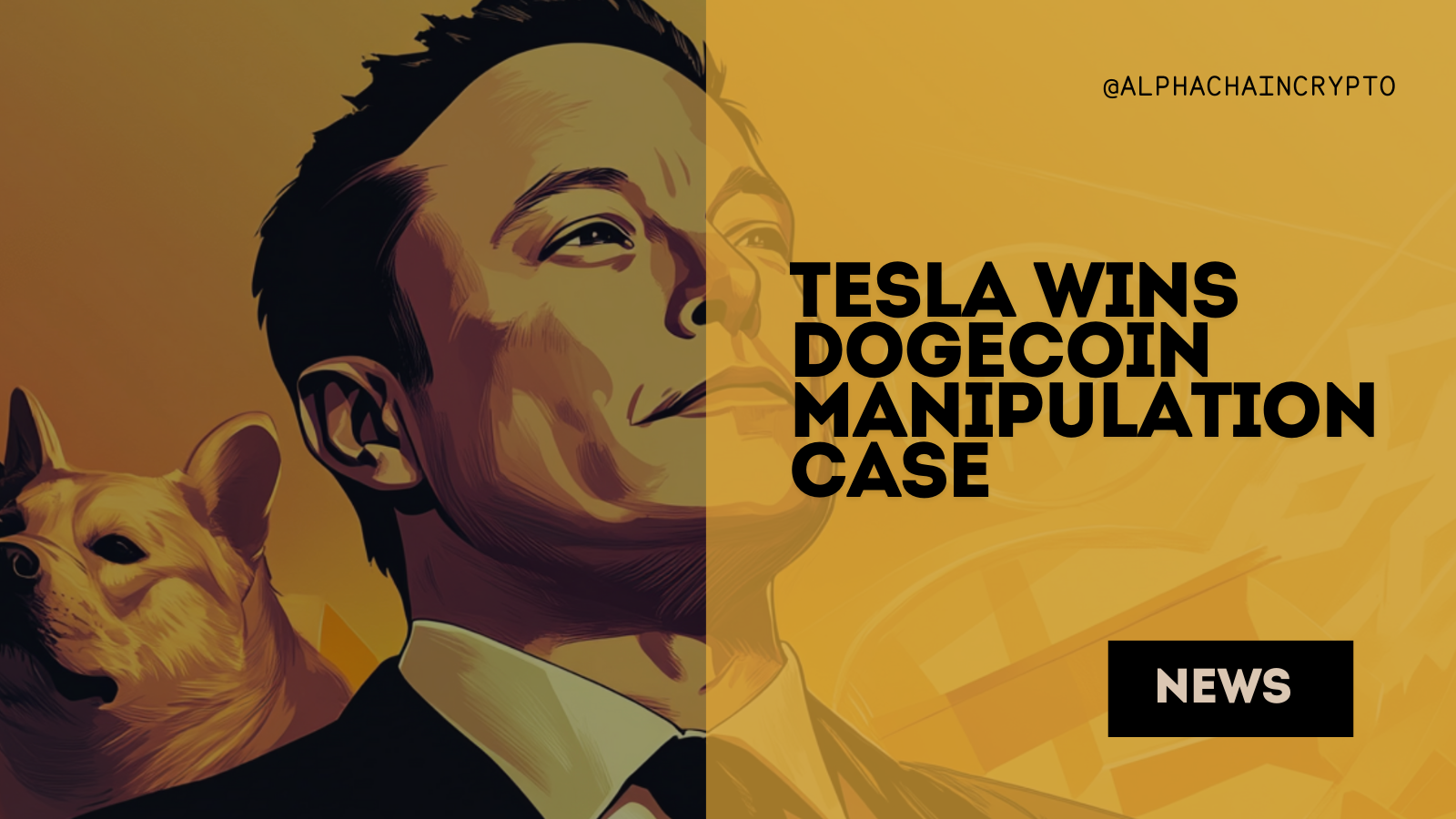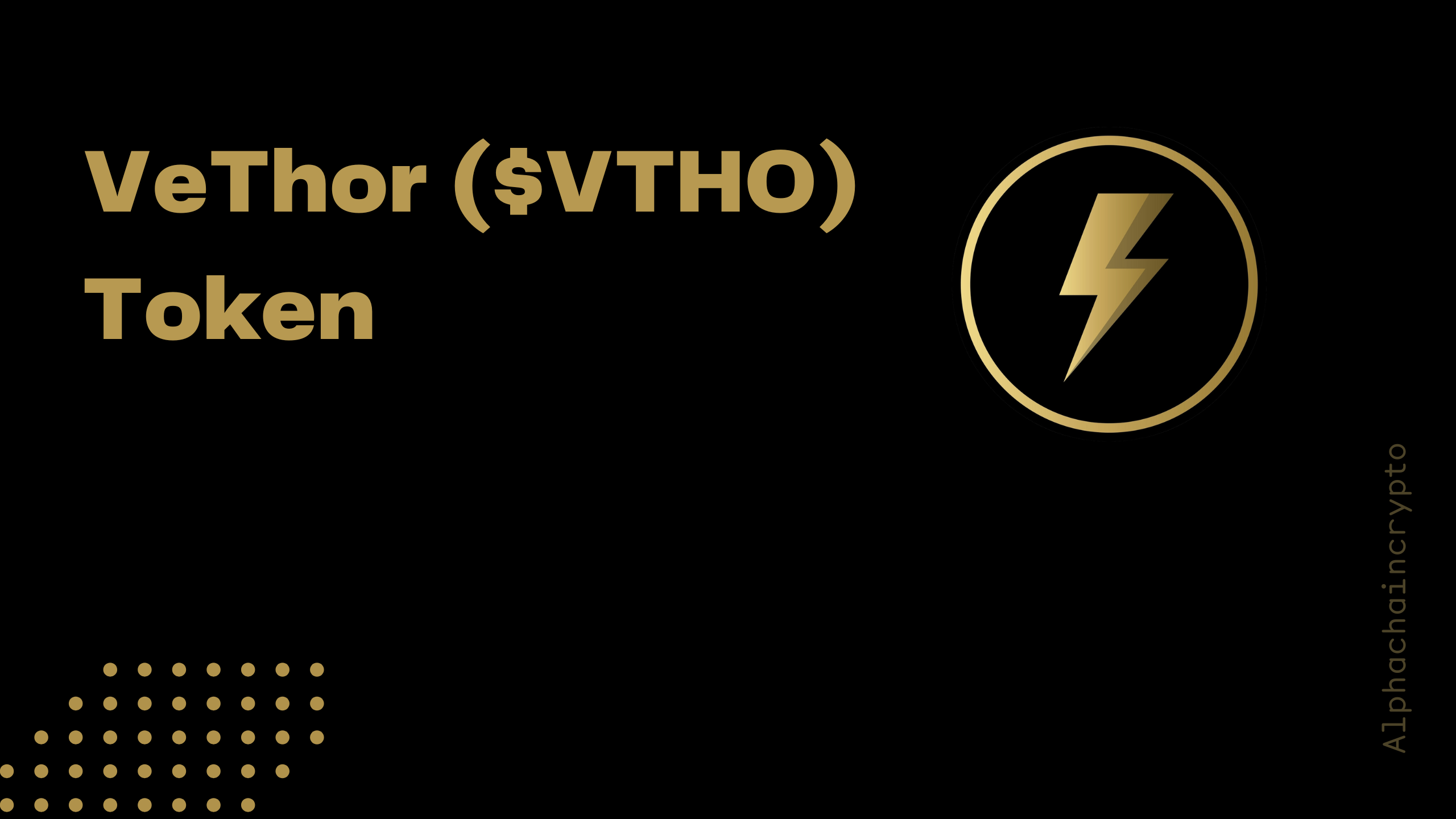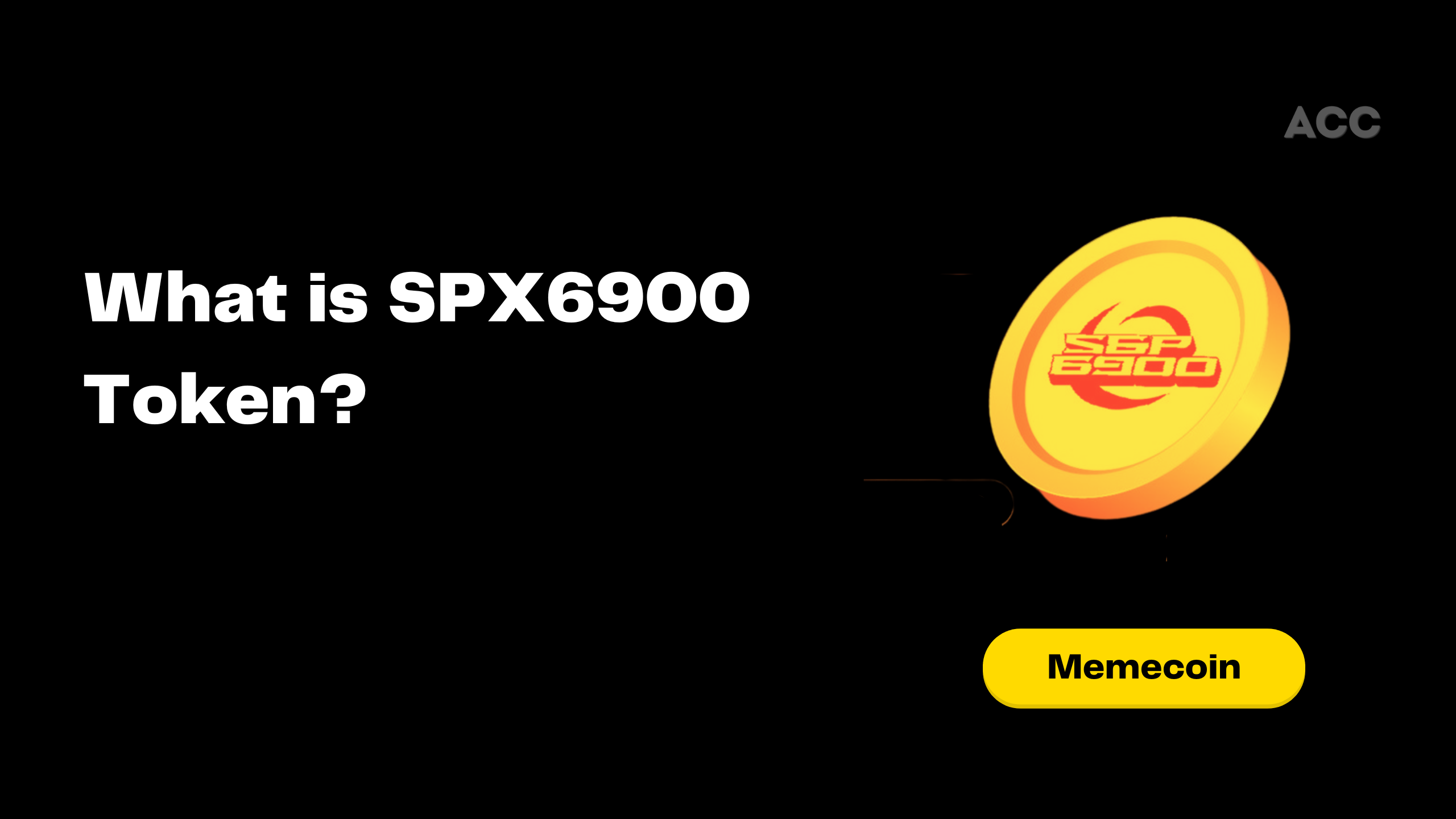In a recent ruling, a U.S. District Court judge dismissed a high-profile lawsuit accusing Elon Musk and his electric car company, Tesla, of manipulating the price of Dogecoin, allegedly causing $258 billion in damages. The decision, handed down by Judge Alvin Hellerstein of the United States District Court for the Southern District of New York on August 29, stated that no reasonable investor could have relied on Musk’s tweets about Dogecoin for investment decisions.
The Lawsuit and Allegations
In June 2022, a group of disgruntled Dogecoin investors filed a lawsuit against Musk and Tesla, accusing them of driving up Dogecoin’s price by more than 36,000% over two years before allowing it to crash. The plaintiffs argued that Musk used his influence as the world’s richest man to operate and manipulate what they described as a “Dogecoin Pyramid Scheme.”
The investors pointed to several of Musk’s tweets, including one where he jokingly declared himself the “official CEO of Dogecoin” and another where he suggested putting a “literal” Dogecoin on a SpaceX vehicle and flying it to the moon. According to the plaintiffs, these tweets misled the market and caused significant financial losses when the cryptocurrency’s value subsequently plummeted.
Judge’s Rationale for Dismissal
The Judge, Hellerstein dismissed the lawsuit, emphasizing that Musk’s statements were “aspirational and puffery, not factual, and susceptible to being falsified.” He stated that these kinds of statements were not intended to be taken seriously by investors. In his ruling, Hellerstein concluded that no reasonable investor could rely on Musk’s tweets as sound investment advice, effectively rejecting the plaintiffs’ claims that Musk’s conduct was fraudulent or manipulative.
Hellerstein further noted that while the defendants made several “material misrepresentations” of Musk’s tweets, these misrepresentations did not amount to fraud or deceit under the law. The judge’s decision highlights the challenges of proving securities fraud based on public statements that are ambiguous or clearly intended as humor.
Musk and Tesla’s Defense
Musk and his legal team had previously requested the lawsuit’s dismissal on March 31, arguing that the claims were baseless. Musk’s lawyers characterized the lawsuit as a “fanciful work of fiction,” arguing that the investors’ accusations lacked merit and that the plaintiffs were seeking an exorbitant and unrealistic sum of $258 billion in damages.
Musk’s defense team maintained that his tweets about Dogecoin were meant to be humorous and were not intended to influence the cryptocurrency’s market value or mislead investors. They argued that Musk, known for his playful and sometimes provocative use of social media, should not be held accountable for the financial decisions made by individual investors who chose to interpret his tweets as investment advice.
Market Reaction and Dogecoin’s Performance
Following the dismissal of the lawsuit, the price of Dogecoin remained relatively stable, showing a minor increase of just 0.1% in the 24 hours following the news. As of the latest data, Dogecoin is trading at approximately $0.10, having dipped about 20% over the past month, according to CoinGecko.
The lack of significant movement in Dogecoin’s price suggests that the market had already priced in the likelihood of the lawsuit being dismissed, or that investors are less swayed by legal developments compared to broader market trends and sentiment in the cryptocurrency space.
Implications of the Ruling
The dismissal of this lawsuit may set a precedent for how courts handle cases involving public figures and their influence over volatile markets like cryptocurrencies. It underscores the importance of distinguishing between statements that are meant to be taken seriously and those that are not, especially in an era where social media can have a profound impact on financial markets.
For Musk, the ruling represents another victory in his ongoing legal battles related to his social media activity. As a highly influential figure in the tech and finance worlds, Musk’s tweets have often led to significant market movements, and this case highlights the legal boundaries of such influence.
The ruling also serves as a cautionary note to investors who may look to high-profile individuals for cues on investment decisions. Judge Hellerstein’s decision reinforces the principle that investment decisions should be based on sound research and due diligence rather than the social media statements of celebrities or business leaders.
Conclusion
Elon Musk and Tesla’s dismissal of the $258 billion lawsuit marks a significant legal victory, highlighting the complexities of proving market manipulation based on social media statements. While the case has brought attention to the influence of public figures on cryptocurrency markets, the ruling emphasizes the responsibility of investors to make informed decisions based on reliable information. As cryptocurrencies continue to attract attention and speculation, this case serves as a reminder of the unpredictable and often humorous nature of online commentary from influential figures like Musk.

A.k.a – alpha girl. Vinita is the founder of Alphachaincrypto. An English Lit Majors, Vinita bumped into Web3 in 2020 only to realise that tech was her calling. Later, Mathreja worked for some notable brands like Near Education, Biconomy, CoinDCX and top of the line crypto start ups.





